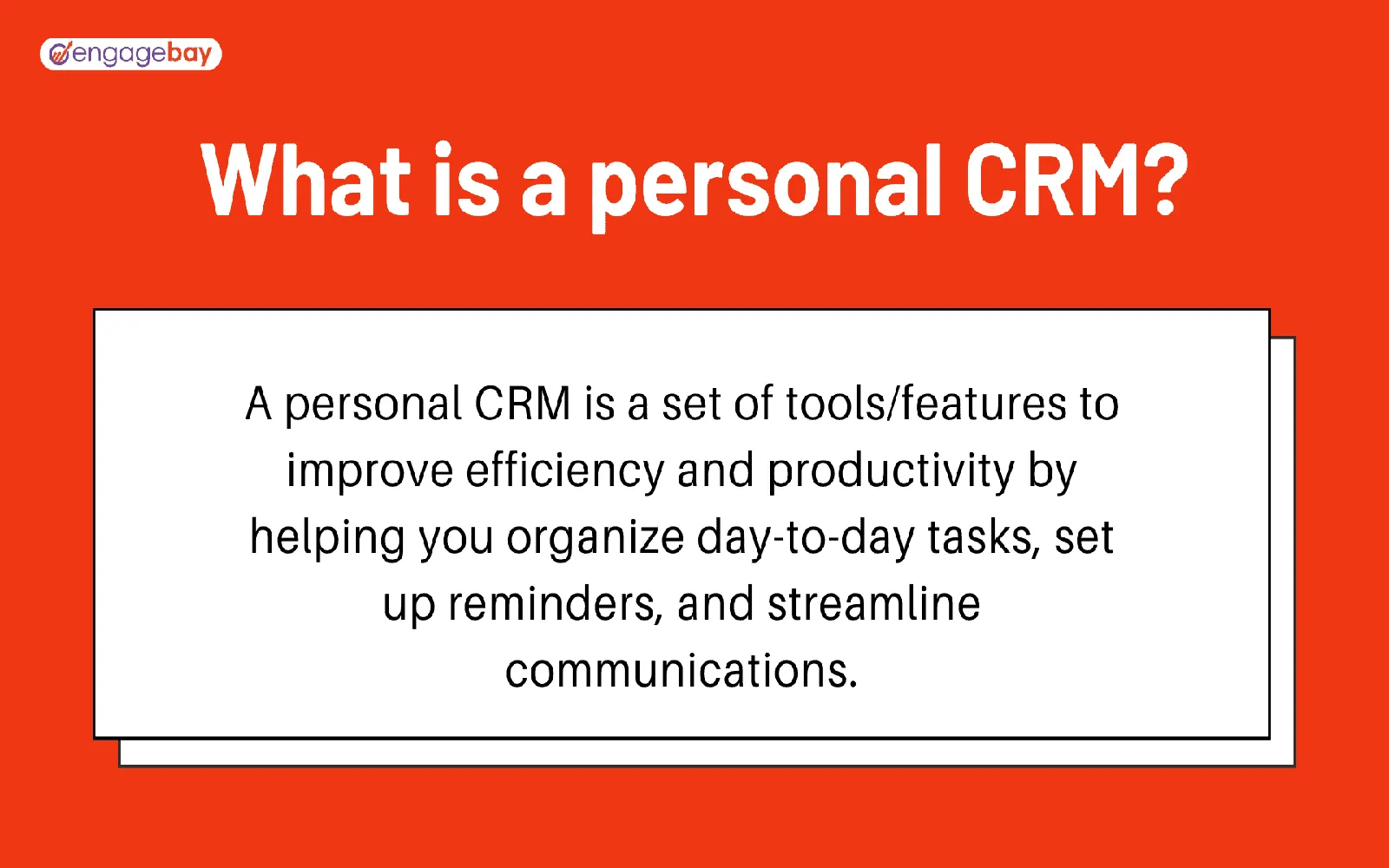In today's fast-paced world, maintaining relationships has become more crucial than ever. A ''personal CRM'' (Customer Relationship Management) tool can help you manage and nurture your connections effectively. But what exactly is a personal CRM, and should you consider using one? Let's explore the concept, its benefits, and how it can enhance your relationship management.
Understanding Personal CRM
A ''personal CRM'' is essentially a software tool designed to help individuals track and manage their personal and professional relationships. Unlike traditional CRMs that focus on business customers, personal CRMs are tailored for personal use, allowing you to organize contacts, reminders, and interactions in a way that suits your unique needs.
Why Use a Personal CRM?
There are several compelling reasons to consider integrating a ''personal CRM'' into your daily routine. Below are some of the key benefits:
| Benefit | Description |
|---|---|
| Improved Organization | A personal CRM helps you keep all your contacts in one place, making it easier to find and manage information. |
| Enhanced Communication | With reminders and follow-up notifications, a personal CRM ensures that you never forget to reach out to important contacts. |
| Relationship Tracking | You can track your interactions with each contact, noting important details that can enhance future conversations. |
| Networking Opportunities | By maintaining a comprehensive network, you can identify new opportunities for collaborations and partnerships. |
| Personal Growth | A personal CRM can help you identify patterns in your interactions, leading to improved communication skills and personal development. |
Features of a Personal CRM
When considering a ''personal CRM'', it's essential to evaluate the features it offers. Here are some common features that can enhance your experience:
- Contact Management: Easily add, edit, and categorize contacts.
- Reminders: Set reminders for birthdays, anniversaries, or follow-up meetings.
- Notes: Make notes about your interactions to personalize future conversations.
- Tags and Categories: Organize contacts into groups for easy access.
- Integration: Sync with other tools you use, such as email and calendars.
How to Choose the Right Personal CRM
With numerous options available, selecting the right ''personal CRM'' can be daunting. Consider the following factors to help make your decision:
- User Interface: Look for an intuitive design that makes it easy to navigate and use.
- Features: Ensure the tool has the features you need to effectively manage your relationships.
- Price: Compare pricing models, as some CRMs offer free versions while others require subscriptions.
- Compatibility: Check if the CRM integrates with other tools you already use.
- Support: Consider the level of customer support available in case you encounter issues.
Popular Personal CRM Options
To help you get started, here are some popular ''personal CRM'' tools you might consider:
| CRM Tool | Key Features |
|---|---|
| Cloze | Automatic relationship tracking, reminders, and email integration. |
| Monica | Open-source tool, customizable, and focused on personal relationships. |
| Nudge | Focuses on follow-ups and reminders to keep relationships alive. |
| Relations | Simple interface for managing contacts and tracking interactions. |
Should You Use a Personal CRM?
Ultimately, the decision to use a ''personal CRM'' depends on your individual needs and lifestyle. If you find yourself struggling to keep track of relationships or are looking to enhance your networking skills, investing in a personal CRM could be a game-changer. It can bring organization and structure to your interactions, making it easier to maintain and grow your connections.
In conclusion, a ''personal CRM'' can help you take a proactive approach to relationship management, providing you with the tools needed to foster meaningful connections. Evaluate your needs, explore different options, and consider implementing a personal CRM to enhance both your personal and professional relationships.





